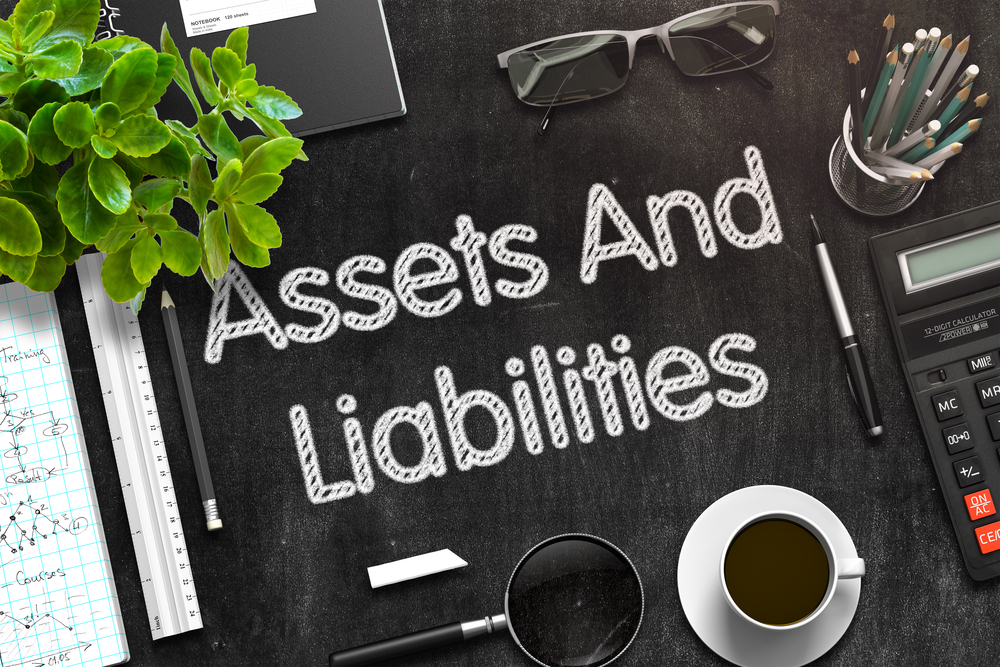Financial terms can be confusing if you don’t do thorough research. One of the common questions that people ask is “What is Net Worth?” How is it different from what people earn? What are the assets that count as net worth? Well, we have all the answers for you right here.
In this article, we are going to explain, in detail, what a person’s net worth entails, different types of net worth, and the factors that affect an individual or organization’s net worth. Without further ado, let’s dive right in and learn all about new worth below!
What is Net Worth?
The net worth of an individual or a corporation is the total value of all the assets that they own, minus all the debt and liabilities that they owe. This amount is a tool to assess the financial position and health of the said individual or entity.
Net worth is calculated by adding all the assets and subtracting all liabilities from them. But what counts as an asset, you ask? An asset is anything that a person owns which holds monetary value. On the other hand, liabilities are defined as financial obligations that contribute to the depletion of resources and assets, such as debt, mortgages, account payables, etc.
Net worth is defined as either negative or positive. Negative net worth means that the number of liabilities exceeds total assets. At the same time, positive net worth means that assets exceed the number of liabilities. Positive net worth is a sign of good financial standing. On the other hand, negative or decreasing net worth is concerning and shows that financial health is in a dire condition.
If you want to increase your net worth, then you have to work on increasing or stabilizing your assets and decreasing your liabilities.

What are the Types of Net Worth?
Individuals, corporations, organizations, and even entire countries can calculate their net worth. Net worth is divided into two main types: Personal Net Worth and Company or Business Net worth. Let’s learn about them in further detail below!
Personal Net Worth
Personal worth is defined as an individual’s net worth that is calculated by subtracting all their liabilities from assets. A person’s liabilities could include mortgage, student loans, personal loans, credit card bills, car loans, and others.
On the other hand, an individual’s assets include their balances in the checking and savings accounts, the value of their securities such as real estate property, bonds, stocks, automobiles, and other valuable items. The amount that would remain after selling all the assets and subtracting the money for liabilities is considered as the person’s net worth.
People who have an extraordinarily substantial net worth are called high net worth, said Scott Cooper. They are largely targeted by wealth managers and highly-rated investment counselors. High net worth individuals have a net worth ranging in millions of dollars in assets.
Business Net Worth
Business worth is also referred to as shareholders’ equity or book value. The net worth statement is called the balance sheet. The difference between the total liabilities and the value of total assets is known as the value of a company’s equity.
A business’s net worth is analyzed by lenders in order to determine whether it is in a financially stable condition. If the liabilities exceed the total assets owned by a company, then the lender will not feel very confident in the company’s capacity to pay its debt.
If a company or organization is consistently profitable, it will register an increasing worth as long as its earnings aren’t completely distributed as dividends among shareholders. In the case that the company is public, its rising net worth is shown in the increased value of its stock price.
An Example of Net Worth
In this section, we’ll show you how worth is calculated with the help of an example. Let’s assume that a person possesses the following assets:
- Primary residence property valued at $250,000.
- Investment portfolio valued at $100,000 market value.
- Car and other assets totaling $25,000.
Now, let’s assume this person has the following liabilities:
- $100,000 of outstanding mortgage balance
- Car loan of $10,000
This person’s net worth will be calculated as:
Total Assets= [$250,000 + $100,000 + $25,000]
Total Liabilities = [$100,000 + $10,000]
Net Worth = [$250,000 + $100,000 + $25,000] – [$100,000 + $10,000] = $265,000
Now, let’s assume that there is a change in this person’s financial situation five years down the line. Now their residence is valued at $225,000, and they have an investment portfolio of $120,000, along with savings of $20,000, and other assets valued at $15,000. Their liabilities now include a mortgage loan balance of $80,000, $0 car loan because they paid it off.
Based on these changes, the net worth of the individual will be the following:
[$225,000 + $120,000 + $20,000 + $15,000] – $80,000 = $300,000.
This shows that this person’s net worth went up by $35,000 even though the value of their primary residence went down. Because they reduced their liabilities and increased in other assets, the person was able to increase his/her net worth.
What is Negative Net Worth?
If you have heard of net worth, then you must have also heard of something called a “negative” worth. Negative worth means that an individual or organization’s debt exceeds its total assets. As a result, their net worth goes into negative figures.
Net Worth vs Income
Key Takeaways!
To summarize, here are the key takeaways from this article:
- Net worth is a quantitative measure of the total monetary value of an individual, family, corporation, company, sector, or country.
- Net worth represents the condition of an entity’s current financial standing.
- A company or business’s worth is also called book value or shareholders’ equity.
- People who have an extraordinarily substantial-worth are known as high-worth individuals (HNWI).

